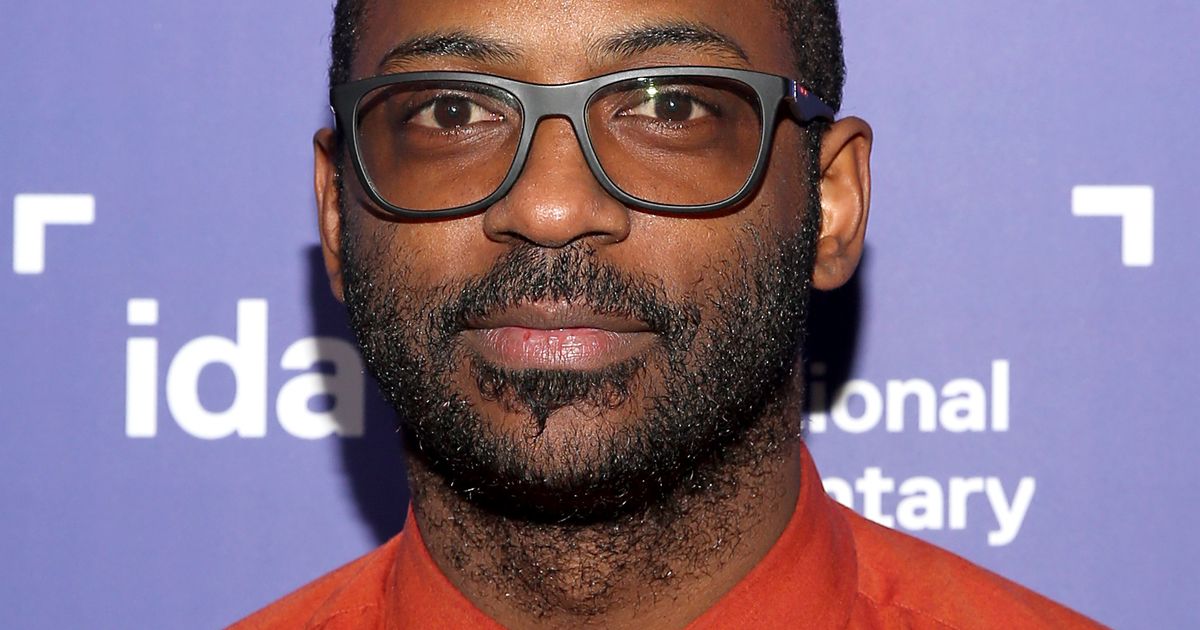Get the latest gossip
‘Nickel Boys’ Review: RaMell Ross Breaks Free of Reform-School Tropes, but Loses the Plot in the Process
Ross envisions a radically different cinematic form for 'Nickel Boys,' testing new ways for audiences to identify with its two teenage protagonists.
Building on the promise of 2018’s Oscar-nominated essay-doc “Hale County This Morning, This Evening,” Ross presents “Nickel Boys” as a series of first-person impressions: evocative sense memories from Elwood’s childhood, education and adolescent activism, crushed but not killed by unjust incarceration. For a short time, Elwood thinks he can continue his education there, but this institution is no school; it’s an illegally segregated penal system where the boys spend long hours working, or else doing “community service” (the administration’s name for selling to local businesses the supplies meant for students). As a boy, he had felt alone in this world, but at Nickel, he finally sees in someone else a reflection of himself — a notion that Ross interprets a bit too literally, breaking the strict subjectivity of Elwood’s experience and leaping across the cafeteria table to Turner (Brandon Wilson), a lighter-skinned kid his age.
Or read this on Variety

